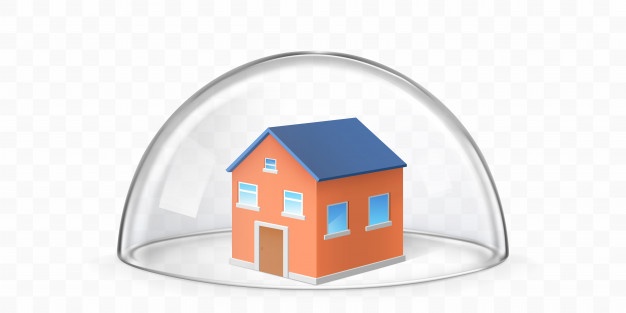Real estate is a great long-term investment. It’s also susceptible to short-term swings. Therefore, it’s important to protect yourself as a real estate investor and developer so you can profit in the long-run.
1. Look After Your Tenants
If you own an investment property one of your greatest assets are your tenants. They represent your monthly cash flow. Therefore, ensure you treat them right. Provide them with competitive rental rates and a high level of service so they remain happy and renting.
2. Hire a Property Manager
Looking after your tenants is harder work than you think. To save yourself time (and headaches), hire a dedicated property manager to look after your real estate developments. This requires upfront capital but is worth it in the long-run.
3. Maintain Your Property
Look after all your properties as if they were your own. Keep the interior and exterior maintained. This increases the value of the property and also attracts tenants to rent from you.
4. Make Improvements
In addition to maintaining your properties, invest in value-adding improvements that increase the attractiveness of the real estate. This could be an additional bathroom in a residential property or added office space in a commercial property. Improvements increase rental rates and the overall price of the property
5. Take out Protective Insurance
No one wants disasters to happen, but that doesn’t mean they’ll never occur. To protect your assets from mother nature, tenant accidents, or litigious individuals, make sure you have the proper insurance policies in place.
6. Wrap Your Assets in a Legal Structure
Corporate structures protect you the real estate investor. It can be a company or a trust, but make sure that you’re reducing your liability. You’d hate to be on the hook personally if anything went wrong.
7. Ensure You Aren’t Overleveraged
Debt, at times, is a good thing. It allows you to purchase assets you wouldn’t be able to afford otherwise. However, it becomes a bad thing when you become overleveraged and take on too much debt. Therefore, ensure that you’re never overextended or overexposed to a large summation of monthly payments.
8. Don’t Cross-Collateralize
The only thing as bad as becoming overleveraged with debt is to cross-collateralize your loans. Cross-collateralization gives control to the lender, making it hard to sell or gain equity.
9. Outline an Exit Strategy
When you purchase a piece of property, chances are you expect to sell it at some point and take money off the table. How do you plan on doing so? Are you part of a partnership, company, or trust? Each structure has its own exit strategies. When you invest into real estate, make sure you know how you’re going to get out of it.
10. Buy Low
You make money on real estate when you buy, not when you sell. Buy low and sell high, remember? Protect yourself by purchasing underpriced property rather than buying at the top of the market.
11. Attack Cash Flow Issues Head-On
Even if you’re not overleveraged or cross-collateralized and you buy low, you still might face cash flow issues at some point. Don’t try to run! Attack it head-on by speaking with your bank, lender, and/or partners. This is particularly important if you are about to go from an interest-only mortgage to a principal and interest repayment.
12. Work with Local Government
Real estate investors rely on the government more than they know. Local councils are responsible for the neighbourhood and area around your asset. Work with them to make sure your real estate’s value is increased by the desirability of the local community.














